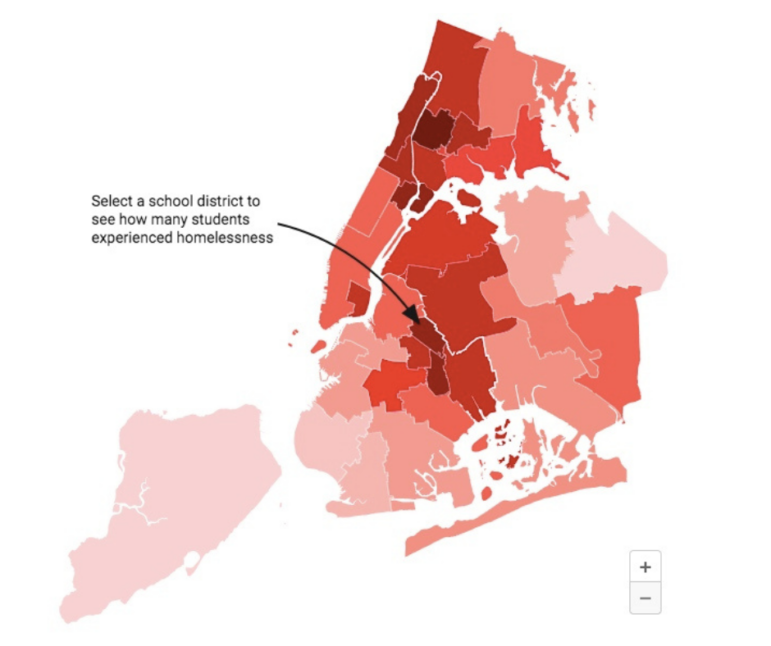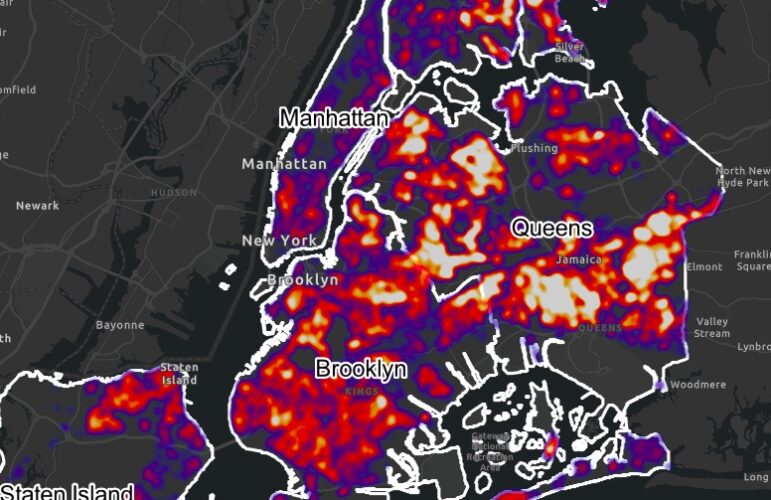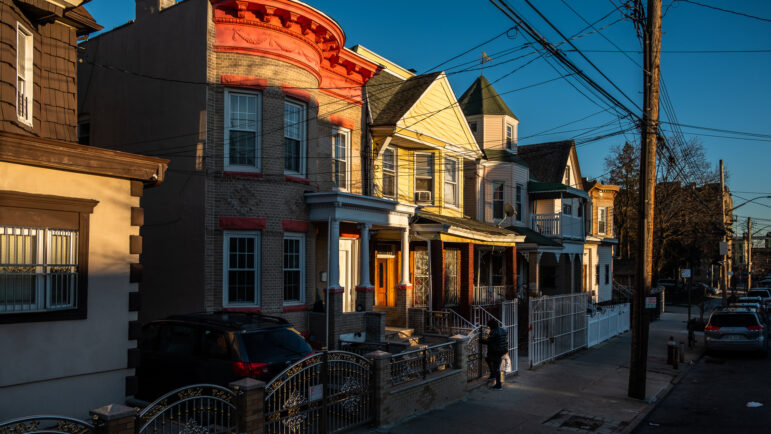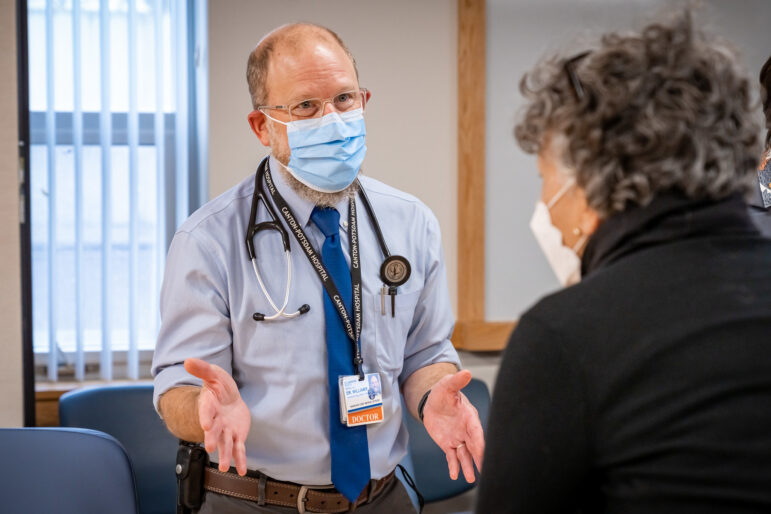Concerns about the millennium computer bug in the Big Apple have focused so far on what might be called the big ticket items: fears that planes on approach to La Guardia will start dropping into Central Park or that power outages will blacken the city for days on end. But at last week’s City Council Finance Committee hearing on the how the city is preparing to meet Y2K, new worries surfaced about smaller computer systems that, while not vital citywide, might be essential to needy communities.
At the hearing, Council Y2K point man Herbert Berman predicted that most major systems will be A-OK in Y2K, with critical systems like city billpaying, 911 and traffic lights all checked out and 100 percent compliant. But the committee’s report found that “health care services by small providers serving poor and/or vulnerable populations could suffer as a result of the lack of Y2K preparedness.” Other neighborhood services for which records are kept by computer, like nonprofit housing agencies and small pharmacies, might also be disrupted.
“It’s astonishing how few people have done anything whatsoever,” agreed Regional Plan Association Vice President Aram Khachadurian, who heads the planners’ Y2K outreach program. For example, said Khachadurian, organizations that deliver food to the sick or old might see their client lists wiped out come January 1. “It could be a very minor problem to fix today, but if it does happen it could cause some serious hardship for people,” he said.
“It’s a serious and significant problem,” said Berman. “I think there’s been a lack of interest on behalf of the small business community and the nonprofit community to become Y2K compliant.”
Nonprofits can take matters into their own hands by calling RPA at (212) 253-2727, extension 310, or emailing Khachadurian at aram@rpa.org to receive free materials and advice on getting Y2K ready. RPA, Enterprise and the Association for Neighborhood and Housing Development are also holding a workshop on Y2K for nonprofits this Thursday (see calendar for details.)








